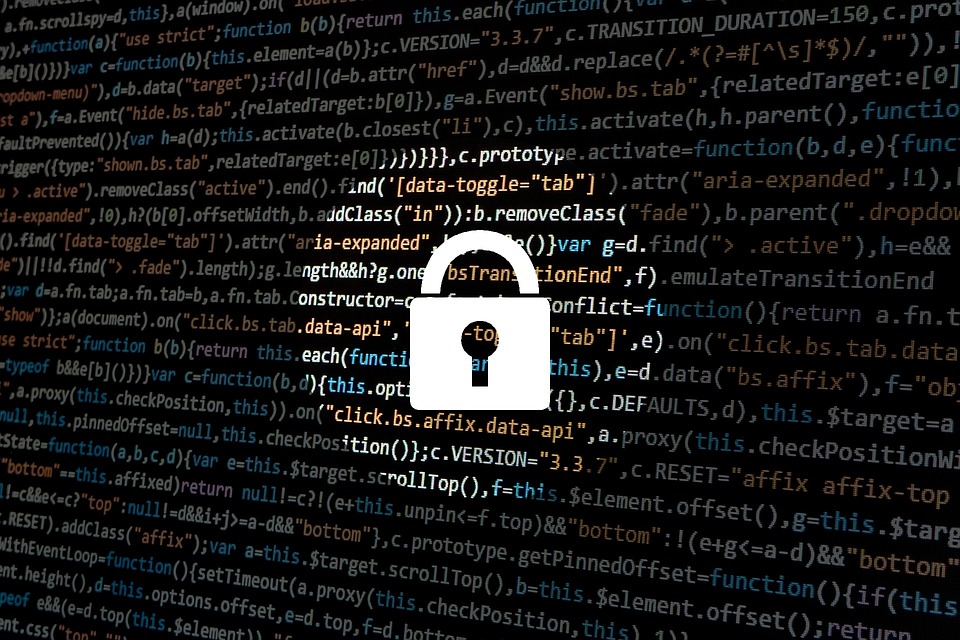Anonymizing DATA
Nowadays, data on the daily habits, tendencies and preferences of citizens are collected in large amounts. All those data are key for the government, companies, and other shareholders.
In terms of data, it is possible to divide companies into two different types: companies that own data because it is intrinsic to the service they provide and companies that need data to understand their customers. The companies that provide data must work consciously on the anonymization of the personal information they contain. Raw data are used by companies to identify patterns and tendencies, and develop algorithms without having to make sensitive personal information public.
Moreover, the new regulations introduced by the GDPR have made it more challenging for companies to process and use personal data without violating the law, especially because of the large number of sources from which information is collected. Nevertheless, Data Scientists work hard every day to anonymize data in a way that will permit them to get the best patterns and algorithms.
No matter how good an algorithm is, it is not possible for it to provide accurate information unless correct data are its input, as Peter Norvig admitted while he worked as director of search quality at Google, “We don’t have better algorithms than anyone else; we just have more data,”
